
Leah Goldberg or Lea Goldberg was a prolific Hebrew-language poet, author, playwright, literary translator, illustrater and painter, and comparative literary researcher.

Dahlia Ravikovitch was an Israeli poet, translator and recipient of the Israel Prize for Poetry in 1998.
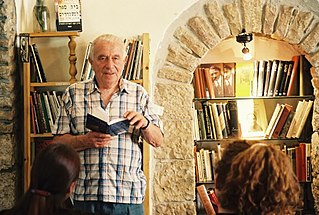
Yehuda Amichai was an Israeli poet and author, one of the first to write in colloquial Hebrew in modern times.
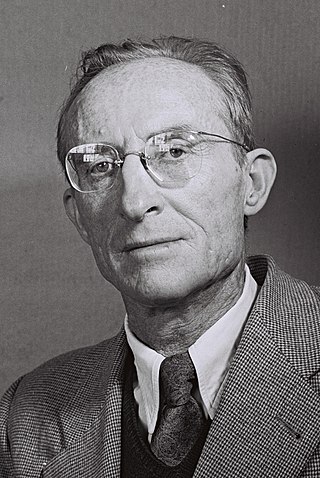
Uri Zvi Greenberg was an Israeli poet, journalist and politician who wrote in Yiddish and Hebrew.
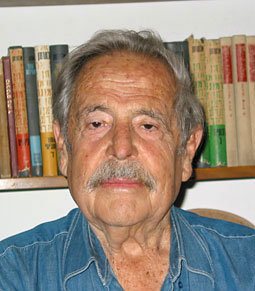
Haim Gouri was an Israeli poet, novelist, journalist, and documentary filmmaker. Widely regarded as one of the country's greatest poets, he was awarded the Israel Prize for poetry in 1988, as well as being the recipient of several other prizes of national distinction.
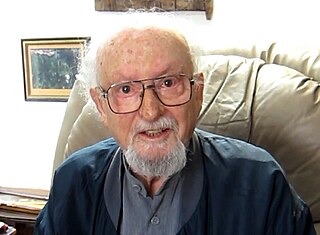
Tuvya Ruebner was an Israeli poet who wrote in Hebrew and German, and he also translated poems - from Hebrew into German and from German into Hebrew. In addition, he was the editor of numerous literary books, a scholar, a teacher, and a photographer. Ruebner was Emeritus Professor of German and Comparative Literature at Haifa University and Oranim College. The recipient of many literary awards in Israel, Germany and Austria, he was awarded the Israel Prize for Poetry in 2008 - the highest accolade the State of Israel bestows. The jury awarding that prize described Ruebner as "among the most important Hebrew poets", and his poetry as "restrained, polished and intellectual ... nourished by the ancient strata of Hebrew poetry and the best of the tradition of Central European poetry."

Dan Pagis was an Israeli poet, lecturer and Holocaust survivor.

Amir Or, is an Israeli poet, novelist, and essayist whose works have been published in more than 50 languages.

Agi Mishol is an Israeli poet. Mishol's work has been published in several languages, and has won various awards including the Zbigniew Herbert International Literary Award and the Yehuda Amichai prize for literature.
Raquel Chalfi is an Israeli poet, filmmaker, and professor. In her career, she has published 21 volumes of poetry and book of prose. She worked at the Israeli Broadcasting Authority for much of her career. She is known for her experimental filmmaking style.

Nathan Yonathan was an Israeli poet.
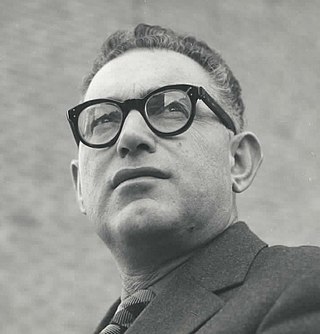
Robert Friend was an American-born poet and translator. After moving to Israel, he became a professor of English literature at the Hebrew University of Jerusalem.
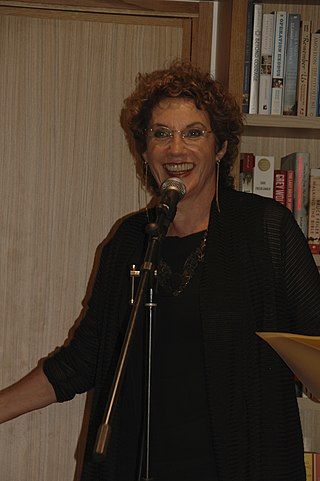
Karen Alkalay-Gut is a poet, professor, and editor who lives in Israel and writes in English.

Zrubavel Gilad was a Hebrew poet, editor and translator.
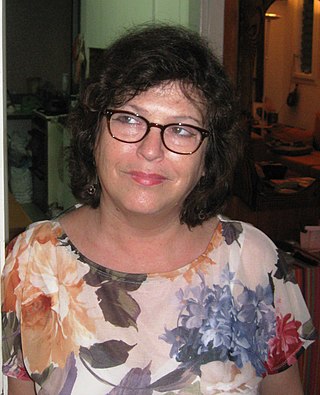
Maya Bejerano is an Israeli poet.

Esther Raab was a Hebrew author of prose and poetry, known as "the first Sabra poet", due to her eminence as the first Israeli woman poet and for the prominence of her native landscape in her imagery.

Efrat Mishori is an Israeli poet, essayist, performance artist, and filmmaker. She is the recipient of the Prime Minister's Award (2002) and the Landau Award (2018).
Shin Shifra ; is the pen name of Shifra Shifman Shmuelevitch, a poet, translator, writer, editor and literary academic. Shifra won multiple literature awards.
Hannah Bluma Sultz was a Lithuanian Hebrew poet. She was among the few women to publish literary works during the Haskalah period.
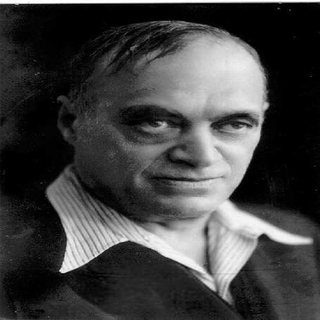
Yehuda Karni was a Hebrew poet, journalist, editor, and translator. He was a recipient of the Bialik Prize in 1944. His poems about Jerusalem made a unique contribution to modern Hebrew poetry.

















